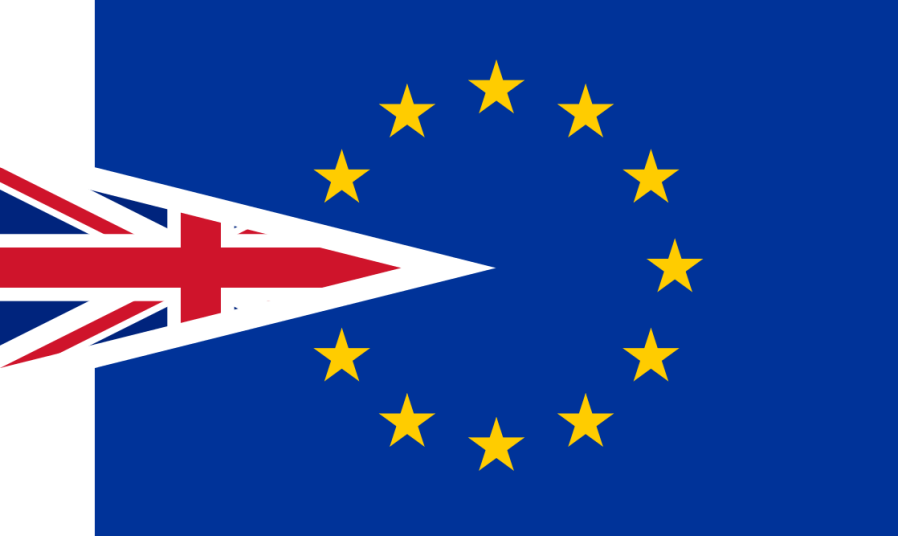From Dr Soeren Keil – Reader in Politics and International Relations and Director of the Centre for European Studies at Canterbury Christ Church University.

It has happened. I finally find myself on the side of hardcore Brexiteers. I agree with the arguments of Boris Johnson and Jacob Rees-Mogg, the United Kingdom should leave the European Union on the 29th of March 2019 with or, much more likely, without a deal.
I am not a Brexiteer (I was not allowed to vote in the referendum). But the Brexit negotiations and the votes in Parliament between the 12th and the 14th of March have demonstrated the complex, contradictory position of the UK Parliament and the government. Parliament does not want to leave without a deal – yet the only deal in town, the one that Theresa May spent two years negotiating, has been rejected overwhelmingly twice as well (and there is a good chance that it will be rejected for a third time). At the same time, Parliament does not want a new referendum, no indicative votes to see if there is a majority for another deal, and the government has not moved on its red lines. There has also been no majority for Labour’s plan to stay in the customs union either in previous parliamentary votes.
So, why would Parliament want to extend the negotiations and delay the departure of the UK from the EU? With no compromise in sight, there is little hope that Conservatives and Labour will be able to reach an agreement that could carry a majority of votes in Parliament. The parties are too divided and both the Prime Minister and Labour leader Jeremy Corbyn are too controversial within their own ranks to act as bridge builders.
We Germans have a saying (and yes, I know it exists in English, too) – better a terrible ending than unending terror. Brexit, if delayed, will be unending terror with absolutely no solution in sight.
So, this is where I agree with the arch-Brexiteers: It is time for the UK to leave. The EU should reject the UK’s request for extension, because the UK is lacking a clear plan on how to proceed. Rather than waste another 3, 6, or 12 months on the Brexit dilemma, let’s focus on the other urgent issues facing the EU. People fleeing North Africa are still drowning in the Mediterranean. Trump’s trade war is beginning to hurt Europe, and there is a general economic downturn – the next economic crisis is not far away. There are new authoritarian tendencies in Hungary and Poland that need a robust response from the EU, and we should not forget about the Western Balkans, the EU’s relations with Turkey, the war in Ukraine, the situation in Syria….and many more issues that the EU should be focusing on.
Yes, a no-deal Brexit is bad for the EU, too. But a no-deal Brexit is still a better option than more months with political insecurity, instability and the EU’s single focus on the Brexit issue. It is time for Brexit, now!




